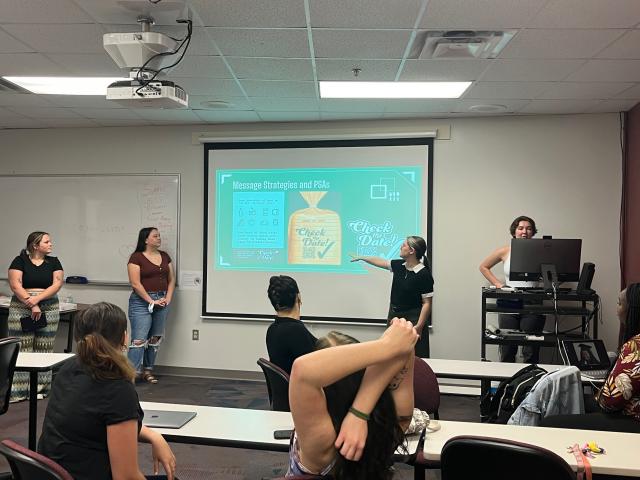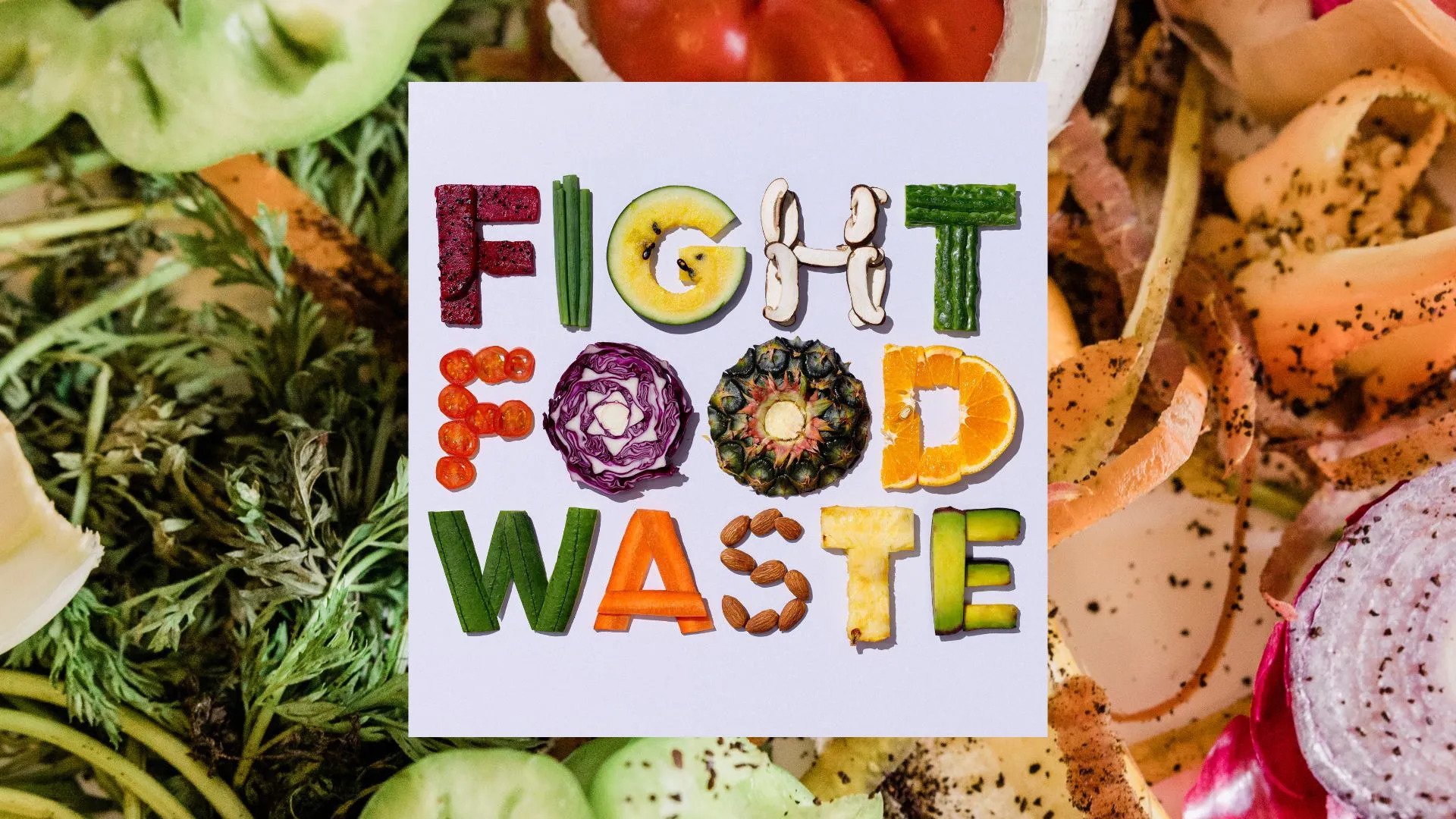Students Tackle Food Waste through Social Marketing Campaigns

In an effort to combat food waste on campus, students enrolled in the COM 6931 Social Marketing course took on the challenge of creating impactful campaigns. With the partnership of Sustainable Campus, led by faculty member Dr. Laura Arpan, these students worked to develop innovative strategies to reduce food waste among FSU students. The result was a series of community-based social marketing plans aimed at encouraging behavior change and raising awareness about the staggering food waste problem.
Sustainable Campus, dedicated to addressing waste issues in the FSU community, guided the students in the right direction and provided valuable insights to refine their tactics. The collaboration between the students and Sustainable Campus provided ideas for an effective approach to tackling food waste on campus.
One student involved in the project enthusiastically shared their experience, saying, "I wish every marketing student at FSU could experience this. It pushed me to think in new ways and challenged me. The lessons from this experience will stay with me forever!"
In the United States alone, 119 billion pounds of food is wasted each year. This equates to over 130 billion meals and $408 billion worth of food thrown away annually. Furthermore, almost 40% of all food in America goes to waste. The consequences of food waste extend beyond economic implications. It significantly contributes to the climate change crisis due to the substantial greenhouse gas (GHG) emissions associated with food production, transportation, and handling. Methane, a potent greenhouse gas, is also released when food ends up in landfills. 
FSU has a community capable of making a significant impact in the fight against food waste. By reducing food waste, students can not only contribute to environmental preservation but also save money in the process. As one student stated, " The new pro-environmental habits that I have adopted from the project has helped me to gain more knowledge as to what I can do now as a person to help the environment in which I live. Pro-environmental behaviors may seem like an inconvenience or costly, but I rather it cost me now and I am safe later, than to cost me later and I am not safe at all!"
The COM 6931 Social Marketing course produced three community-based social marketing plans with the overarching goal of encouraging behavior change among FSU students. These plans were carefully crafted through a combination of secondary research, primary research, and strategic campaign development. The students compiled their insights and strategies into a comprehensive plan book, which included innovative campaign strategies and materials such as public service announcements. These resources can be utilized by Sustainable Campus in future initiatives, ensuring the long-term impact of the students' work.
Through their dedicated efforts, FSU students, in collaboration with Sustainable Campus, have made a stride in addressing the food waste crisis on campus. The social marketing campaigns they created have the power to inspire behavior change among FSU students, promoting a more sustainable and mindful approach to food consumption.
To learn more about the Living Lab program, visit https://sustainablecampus.fsu.edu/living-lab-program.
